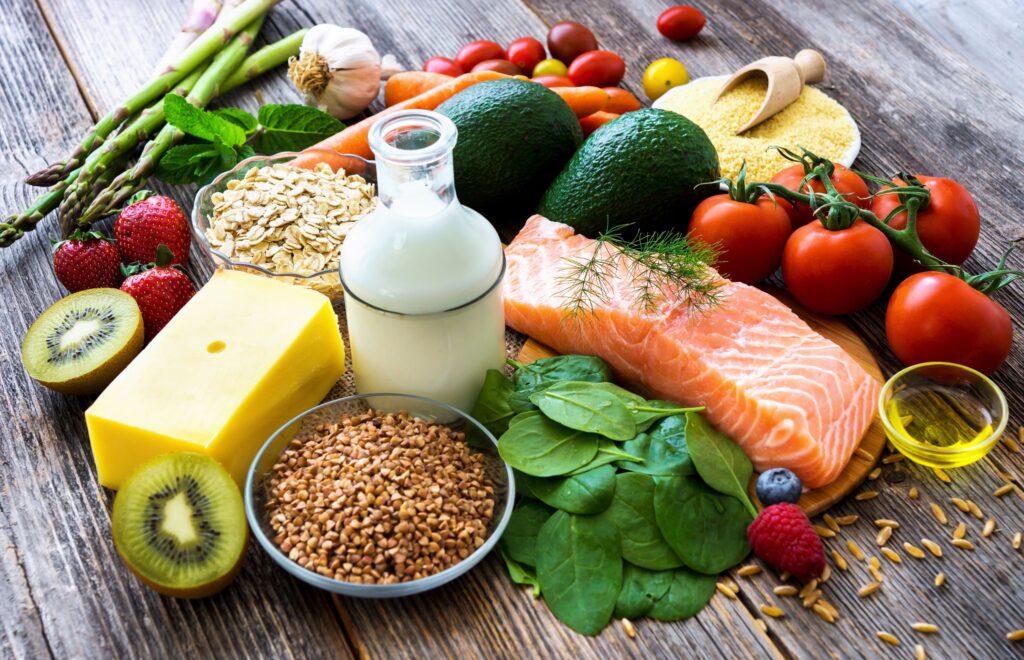Dental Implant Diet: What Foods Support My Restoration?
July 4, 2025

If you’re seeking a reliable way to replace one or more missing teeth, you might be a good candidate for dental implants. Unlike bridges and dentures, these restorations are placed in your jawbone to become a permanent part of your mouth. As a result, they tend to be more resilient and last longer than the alternatives.
However, they’re not completely invincible and can be harmed by eating certain foods too soon after your surgery. Continue reading to learn more about options that are safe to enjoy and which ones to avoid!
What Are Dental Implants?
Dental implants are the only replacement teeth that include a titanium support rod that’s embedded directly into your jaw. It can take anywhere from three to six or more months to mend after this procedure because that’s often how long it takes your mouth to produce enough new bone growth to fully fuse with the metal.
This is usually covered with a dental crown, or other appropriate restoration, made from durable porcelain that reflects light like enamel. Your dentist will take the time to customize this tooth-shaped cap so that it matches the shade, shape, and size of your natural enamel for seamless results.
What Foods Support Dental Implants?
Before proceeding with this treatment, you must consult your dentist to ensure you’re a good candidate. They’ll examine your mouth for pre-existing issues, like cavities or gum disease, and treat those first. They’ll also measure your jawbone density to ensure it’s thick enough to support your new teeth.
Many foods can support your oral health to help ensure your procedure will be a success. For instance, eating plenty of dairy with calcium helps build strong teeth and bones and ensures you can complete the process of osseointegration needed to recover. Meanwhile, many citrus fruits and leafy greens have high vitamin C content to support your connective tissues. This can help them resist infection and disease, such as peri-implantitis, the leading cause of failure.
What Foods Should I Avoid after Getting Dental Implants?
You’ll likely experience moderate aches and inflammation in the days following your surgery, and your mouth must form a blood clot at the site to protect the nerves and bone tissue. To avoid damaging or dislodging it, you should steer clear of any options that are too hot, hard, sticky, or spicy.
For example, you may not want to bite into raw fruits and veggies until you’ve healed. In the meantime, you can cook or blend them into smoothies to enjoy their nutritional benefits without triggering your already tender tissues. Other popular soft foods include scrambled eggs, yogurt, mashed potatoes, and applesauce.
Making conscientious decisions about your diet before and after implant surgery can support your oral and overall health, enabling efficient recovery and minimizing potential complications.
Meet the Author
Dr. Eric Bajas enjoys getting to know patients so he can tailor treatment plans to meet their unique needs. He earned his dental degree at the UCLA School of Dentistry and has remained committed to continuing education in various topics, such as TMJ therapy, sleep apnea, operative dentistry, cosmetics, and dental implants. He works with the best local experts for accurate surgical placement, then designs lifelike restorations that match your smile beautifully. You can request an appointment on the website or call (619) 482-7367.
No Comments
No comments yet.
RSS feed for comments on this post.
Sorry, the comment form is closed at this time.
